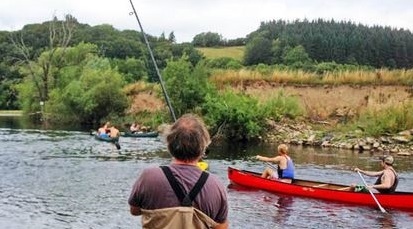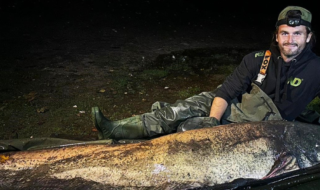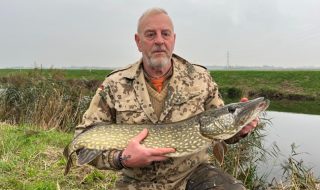The National Governing Body for paddlesports, British Canoeing, has issued a Charter for Access that encourages its members to trespass which may damage the interests of other legitimate users of watercourses. These include thousands of angling clubs in communities throughout England and Wales.
The document repeats fundamentally flawed suggestions by British Canoeing in recent years that there might be a historic right to access all rivers in England and Wales and that the law regarding access there is unclear. It also contains a guide to members who are trespassing about how to evade identification and civil and criminal legal action.
In July 2018, British Canoeing refused an offer from the Angling Trust to participate in a joint initiative to promote legitimate access agreements to anglers and canoeists, because they involved reasonable restrictions on access to avoid significant damage to freshwater habitat and legitimate fishing rights.
The charter calls for ‘fair, shared, sustainable open access’. British Canoeing interpret this to mean that paddlers should be allowed to access all rivers at any time free of charge, which is in stark contrast to anglers’ access which is restricted by close seasons, bylaws, rod licences and the requirement to pay the owner of fishing rights. On many rivers the presence of canoes during the fishing season would make angling impossible and be potentially dangerous to anglers and paddlers alike.
The Angling Trust has written to the new Sports Minister and to Sport England complaining about British Canoeing’s irresponsible and dangerous support of unlawful behaviour and its refusal to sign up to voluntary access agreements, which the government promotes as the best way to increase access to rivers by paddlers and which the Angling Trust has supported for many years. Indeed, British Canoeing has withdrawn (and/or encouraged paddling clubs to withdraw) from numerous agreements that for many years provided access to long sections of many rivers at times and water heights that did not conflict with other users.
Mark Lloyd, Chief Executive of the Angling Trust, said: “Numerous legal professionals have confirmed unequivocally that the law is completely clear [see note 1]. Despite frequent requests, British Canoeing has not published any legal authority to the contrary. It is unacceptable for a national governing body to promote unlawful activity which increases the risks of conflict and damage to property rights.
“The canoeing governing body’s policy in recent years has perversely led to less legitimate access to rivers for law-abiding canoeists. On many rivers, fishery and riparian owners are willing to grant new access by local arrangement or extend long-standing arrangements. However, paddlers often refuse to discuss this because British Canoeing tells them to insist on unlimited access, which is unsustainable, unfair and damaging to the interests of other water users.”






